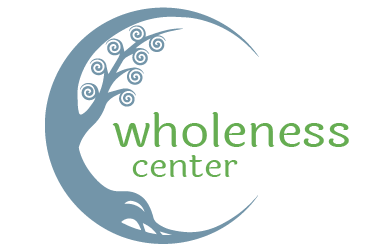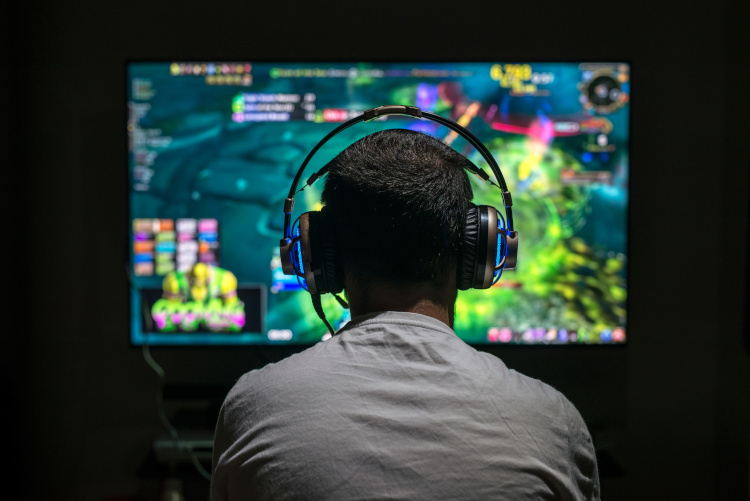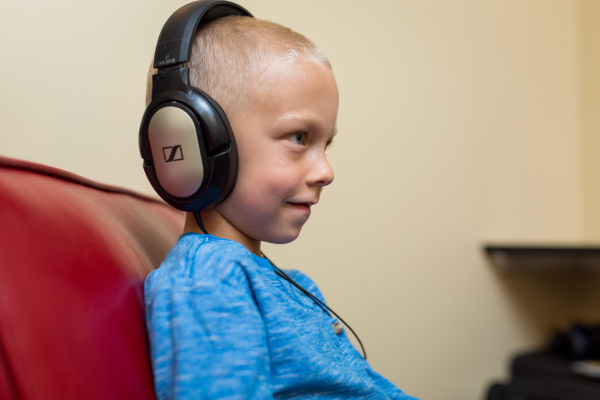Integrative Psychotherapy
We pride ourselves on a collaborative and integrative model that helps the whole child, adolescent, or adult grow and heal in an emotionally, socially, physically, intellectually, and spiritually healthy manner. This approach considers your unique beliefs, values, diet and lifestyle in the individualized treatment planning of supplements and therapies. In addition to providing conventional prescriptions as needed, we provide psychosocial support which gives you lifelong skills and positive coping strategies known to reduce stress and anxiety, and enhance happiness, peace, calm, and well-being. In turn, this allows you to reach your full potential, your wholeness.
We offer individual, child/adolescent, and couples therapy, including the following modalities:
Individual Therapy
As the name suggests, in individual therapy, a patient works one-on-one with a therapist on their own personal challenges and issues. Individual therapy can consist of one or several of the modalities of treatment listed below.
Family Therapy
When addressing family issues, our therapists encourage the whole family to work together so that everyone is on the same page. Instead of splitting into different rooms and talking behind each other’s back, we create ways for family members to share what’s going on and how to unite on divisive issues. Children and adolescents are no longer blamed, parents are not the “bad guys,” and we establish new, healthier ways to dialogue. Once communication and mutual respect between family members improve, families are better able to function as a whole – as each member is more invested in supporting others and strengthening the family unit.
Eye Movement Desensitization and Reprocessing (EMDR)
EMDR is a psychotherapy technique used to treat various mental health conditions, particularly post-traumatic stress disorder (PTSD). Developed in the late 1980s by psychologist Francine Shapiro, the technique involves a series of guided eye movements or other forms of bilateral stimulation, such as hand tapping or auditory tones, while the person focuses on distressing memories, thoughts, or images related to a traumatic event or negative life experiences. These eye movements or bilateral stimulation are thought to help reprocess the traumatic memories and reduce the emotional distress associated with them.
GIM can help an individual:
- Reduce stress
- Process their emotions, including trauma
- Tap into creativity
- See healing images
- Enhance a relationship to music
- Evoke inner wisdom
- Heighten a sense of well-being
- Promote psychological and spiritual growth
- Explore the many levels of consciousness
Acceptance and Commitment Therapy (ACT)
Acceptance and Commitment Therapy is a form of talk therapy that uses acceptance and mindfulness strategies combined with commitment and behavior-change strategies to increase psychological flexibility. The objective of ACT is not to eliminate difficult feelings, but to be present with what life brings us and move towards a patient’s deeply held values.
Internal Family Systems Therapy (IFS)
The goal of IFS therapy is to help people identify and accept the different parts of themselves and heal the parts that are wounded. The grounding assumption is that there are no bad parts, only parts that have been forced into extreme roles. This therapy helps to bring clients into harmonious relationships with their parts and in turn, their whole system into better balance.
Somatic Therapy
Somatic therapy is a form of body-centered therapy that looks at the connection of mind and body and uses both psychotherapy and physical therapies for holistic healing. It works with present-moment awareness of sensation in the body and supports healthy expression and movement of energy and emotion.
Mindfulness-Based Psychotherapy
Mindfulness-Based Psychotherapy is a type of therapy that incorporates mindfulness practices such as meditation and breathing exercises. Using these tools, clients are taught how to break free from negative thought patterns so they can prevent depression and anxiety before they take hold.
Addictions Counseling
Addictions counseling is a therapeutic approach that addresses the underlying causes of addiction, explores behavioral patterns, and provides guidance and support for individuals on their path to recovery. Our therapists work with individuals struggling with substance abuse, such as drugs or alcohol, as well as behavioral addictions, such as gambling, sex, or internet addiction.
We don’t start with the assumption that clients engage with gaming solely through a lens of dysfunction, but rather open a dialogue and encourage a curiosity as to what needs they feel are being met through the activity. Is there a healthier way to pursue this hobby that enhances other parts of the client’s life, rather than diminishing them? How can we bring presence to this practice and encourage those drawn to it to be more introspective around the underlying impulses calling them to it? Through this process a more holistic pursuit of gaming and screen time can emerge, along with complimentary forms of self-regulation and contemplative activities.
Psychedelic therapy utilizes psychedelic substances, such as ketamine and psilocybin, along with traditional psychotherapy to facilitate and even accelerate the psychological healing process, especially in the case of treatment-resistant depression and other chronic clinical disorders. Think of these tools as catalysts for deeper change and transformation. Find out more about Ketamine-Assisted Therapy and Psilocybin-Assisted Therapy that applies a harm reduction approach.
Learn more about psychedelic therapy
Psychedelic Integration Therapy
Psychedelic Integration Therapy is a therapeutic approach that focuses on helping individuals process and integrate the insights, emotions, and experiences that arise from psychedelic journeys. These sessions are an integral part of our psychedelic therapy process. Integration Therapy can help patients make sense out of their experiences and incorporate their new insights and self-understanding into their daily lives.








